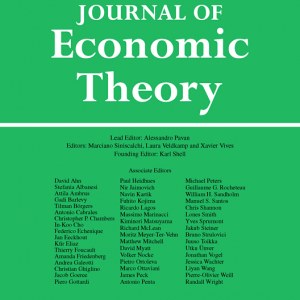
Lange, R. and Teulings, C.(. (2024). Irreversible investment under predictable growth: Why land stays vacant when housing demand is booming Journal of Economic Theory, 215:.
-
Affiliated author
-
Publication year2024
-
JournalJournal of Economic Theory
The standard model of irreversible investment under uncertainty considers only the level of the cash flow that could be obtained through the investment. We present a general model that includes as state variables both the level and the growth rate of the cash flow, while the timing and size of the one-time investment are discretionary. As an illustration, we consider an investor with the exclusive right to develop a vacant piece of land, where the timing of the investment and the scale of the property are chosen optimally. We demonstrate that construction is optimally postponed when prospects are gloomy, but also when they are bright. Indeed, under sufficiently high growth it is, perversely, never optimal to invest. Under a cost-of-capital argument, the rational response to predictable growth combined with flexible investment conditions is to keep land vacant for extended periods, which may explain why construction in superstar cities often appears sluggish. Our proposed model can be used in all investment decisions, irrespective of sector, where the assumptions of predictable growth and a one-off, flexible but otherwise irreversible investment are met.